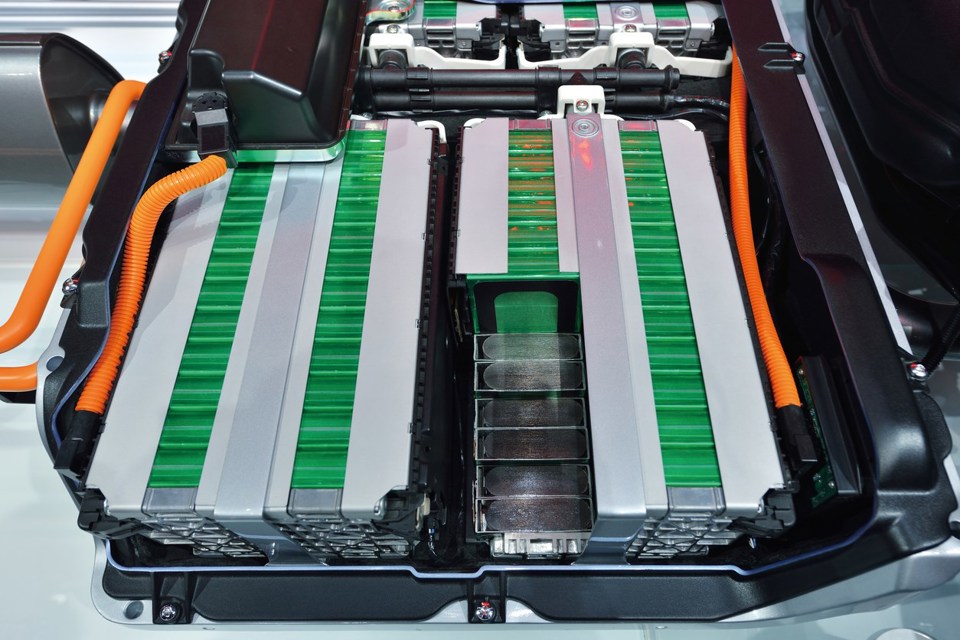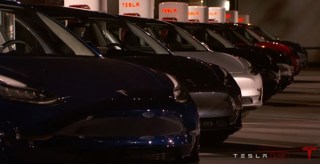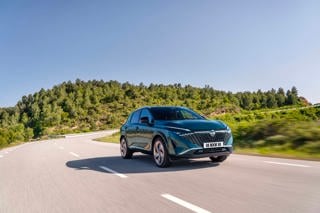New EU vehicle regulations could make battery state of health (SOH) monitoring standard for all new electric vehicles (EVs), according to the Office for Zero Emission Vehicles (OZEV).
Abdul Chowdhury, head of vehicle policy at OZEV spoke at a recent Vehicle Remarketing Association (VRA) meeting.
Chowdhury explained that because the battery forms a large part of a used EV’s value and performance, providing information on its health would support consumers in making informed comparisons between vehicles and help alleviate concerns over battery degradation.
He said: “The UK government has been working with the United Nations Economic Commission for Europe (UNECE) and other international partners to develop technical regulations on SOH monitors and minimum battery performance standards, and is currently analysing options for adopting these regulations into UK law.
“The EU is also considering options, and its Euro 7 proposals look set to bring SOH monitors in from July 2025.”
Minimum performance levels for EV batteries
Battery SOH is an estimate of a battery’s remaining total capacity, compared to the total capacity at the EV’s production.
The Global Technical Regulations on EV batteries developed at UNECE, where many international automotive standards and regulations are set, cover two key aspects.
The first is to mandate installation of SOH monitors on EVs which must be accessible to the consumer, meet accuracy requirements and be validated through in-service testing.
The second is to set a minimum performance standard of 80% SOH from 0-5 years old or 100,000 km, whichever comes first, and 70% SOH for vehicles between 5-8 years old or 100,000 to 160,000 km, whichever comes first.
Other areas where OZEV is looking to provide support to the used EV sector include providing standardised EV information to customers at the point of sale and helping to ensure that sufficient numbers of technicians were trained to repair EVs.
He said: “The used market is critical to the UK’s transition to zero emission vehicles and meeting our net zero ambitions.
“It is where 80% of all cars are bought and sold, and as we move from early EV adopters to a mass transition, its health is critical to ensuring a fair and equitable transition for all.
“Government support has included financial incentives to stimulate the new EV market and increase the supply of vehicles feeding through to the used market.
“Our funding for chargepoint infrastructure at homes, workplaces, residential streets and across the wider roads network is also supporting consumers to buy used EVs.”
No plans for used EV incentives
There are no Government plans for direct financial support for used EV purchases. However, all policy options are continually under review and OZEV closely monitor the health of the used market and are always open to receiving any evidence.
VRA chair Philip Nothard said: “Used EVs continue to be among the most-discussed topics in remarketing, and being able to hear directly from someone such as Abdul at the centre of government thinking was fascinating and provided a high level of insight for VRA members.”
The event also featured a panel discussion on the used EV market and used vehicle supply in general featuring Phill Jones, chief operating officer at eBay Motors Group; Greg Smith, commercial director at Carshop Supermarket; and Michael Tomalin, CEO at both City Auctions Group and PurpleRock.





















Login to comment
Comments
No comments have been made yet.